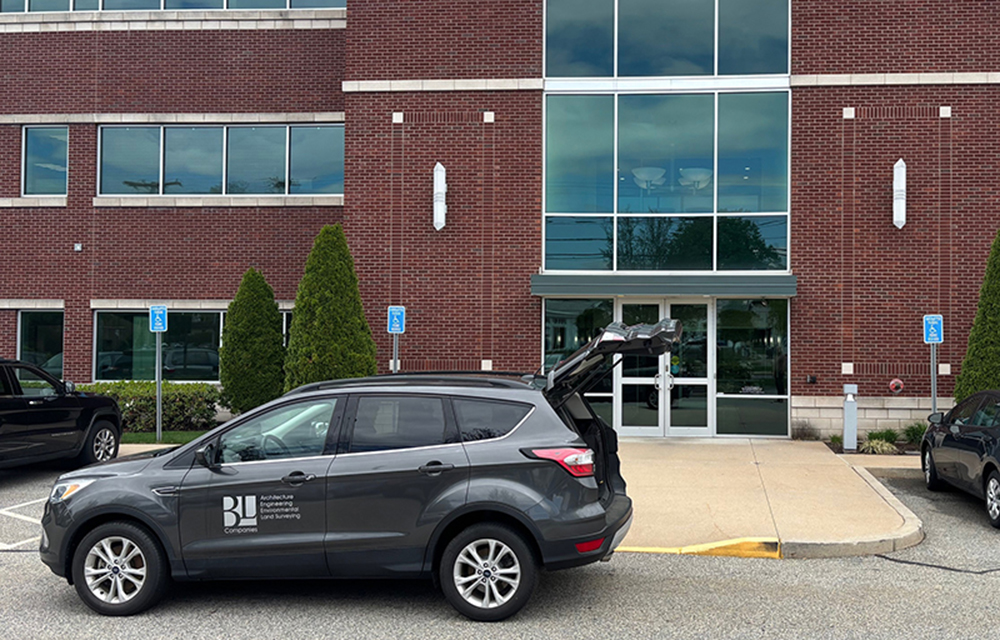News: Construction Design & Engineering
Posted: January 2, 2008
New legislation for landlocked tidelands - clouds are clearing
On November 15th, governor Patrick signed House Bill No. 4324 entitled "An Act Relative to the Licensing Requirements for Certain Tidelands." The new legislation amends M.G.L. c. 91 governing the use of certain tideland areas and puts to rest recent uncertainty concerning title and use of landlocked tidelands. Landlocked tidelands are defined in the new bill as filled tidelands, which on January 1, 1984 were entirely separated by a public way or interconnected public ways from any flowed tidelands, and which are located at least 250 feet from the water. The new legislation became necessary after the Supreme Judicial Court of Mass. (SJC) decision in Moot v. Department of Environmental Protection, 448 Mass. 340 (2007) which held that a Department of Environmental Protection (DEP) regulation exempting landlocked tidelands from further review under Chapter 91 was invalid. As a result, title to thousands of acres of landlocked tidelands and the future construction of several large projects remained in doubt.
Much of the commonwealth of Mass. is comprised of tidelands filled or otherwise. Commencing in early colonial days the Mass. Bay Colony first began to encourage use of the intertidal area between the high and low water tide marks by abutting landowners to promote private investment and commercial development. But such use of the tideland area was always made subject to the public's right to fish, fowl and navigate over such land - a premise more commonly referred to as the public trust doctrine. Today, Mass. continues to protect and promote active, water-dependent use of its tidelands, great ponds, and certain rivers and streams by means of a license and review process set forth in Chapter 91.
Nevertheless, the public trust doctrine does not exclude all non-water dependent use of tidelands. If this was the case the Boston waterfront would not exist as we know it today. Rather, the DEP may issue a Chapter 91 license for a non-water dependent use so long as it first determines that any proposed structure or use shall serve a proper public purpose providing a greater public benefit than detriment to the public rights in the tidelands. Furthermore, in 1990, the DEP promulgated regulations specifying those areas subject to licensing and permitting which include all filled tidelands "except for landlocked tidelands." 310 CMR 9.04(2).
Several years ago, a coalition of neighborhood groups challenged the DEP exemption for landlocked tidelands after the DEP ruled that construction and use of approximately 13 acres of landlocked tidelands comprising a portion of the North Point Project in East Cambridge was exempt from Chapter 91 review. The SJC held that the DEP lacked the statutory authority necessary to exempt landlocked tidelands from the Chapter 91 and by doing so threw into question the status of the title for thousands of acres of land in downtown Boston, Cambridge and in other parts of the state along its coasts and rivers. In order to alleviate the resulting chaos, the SJC issued a stay of its ruling until such time as the legislature could determine how best to proceed.
MORE FROM Construction Design & Engineering
Reveler Development plants a tree for grand opening of The Eddy
Biddeford, ME According to Reveler Development, The Eddy, a new multi-family community located at 8 Eddy Ave., celebrated its grand opening, following the final phase of

Quick Hits
Columns and Thought Leadership

The rise of incubators and co-working spaces: The latest in life sciences - by Matt Combs
In recent years, the life science industry has witnessed a shift in how companies operate and innovate. One of the key driving forces behind this transformation is the emergence of incubators and co-working spaces specifically tailored to meet the unique budget and schedule needs of startups.

The design-build advantage: Integrated interior design solutions - by Parker Snyder
When it comes to corporate interior spaces for both commercial and industrial projects, partnering with a design-build firm with in-house interior design services can offer clients many benefits. Unlike traditional delivery methods where interior designers operate independently from the design and construction teams, often creating a longer project timeline as cost negotiations and revisions ensue

Ask the Electrician: Is summer a prime time for commercial electrical maintenance?
The answer is “Yes!” While January marks the official new year, many businesses view September as a fresh start. This makes summer an ideal time for commercial property owners to schedule long-term electrical maintenance projects.

Careers in Construction Month focus on training and safety - by Joe Camilo
October is Careers in Construction Month, and rarely has it been more consequential. According to our chapter’s national parent organization, the construction industry needs to attract half-a-million new workers in the coming year to meet demand. Addressing that need is a huge job, but we at ABC MA are trying to do our part.







